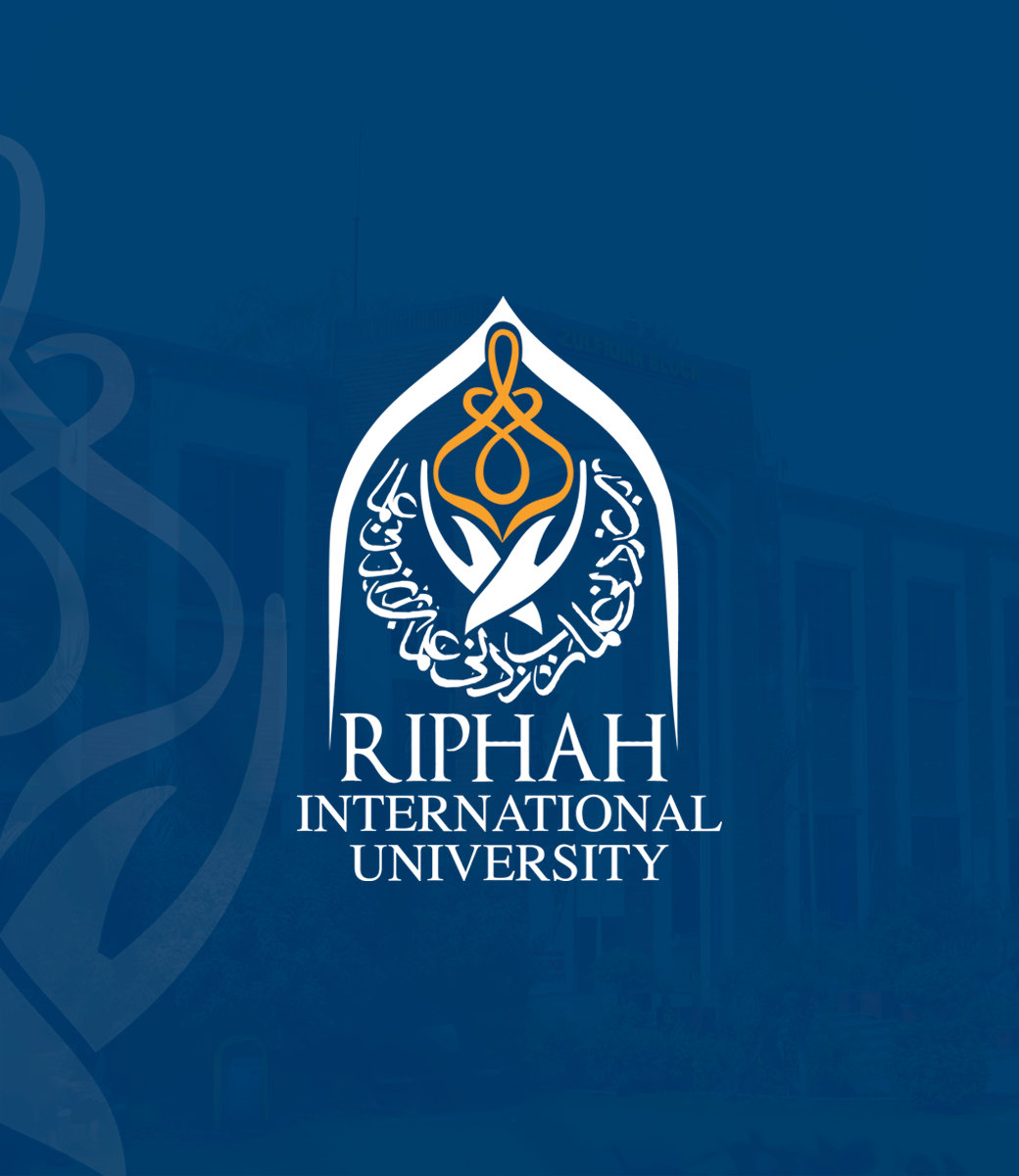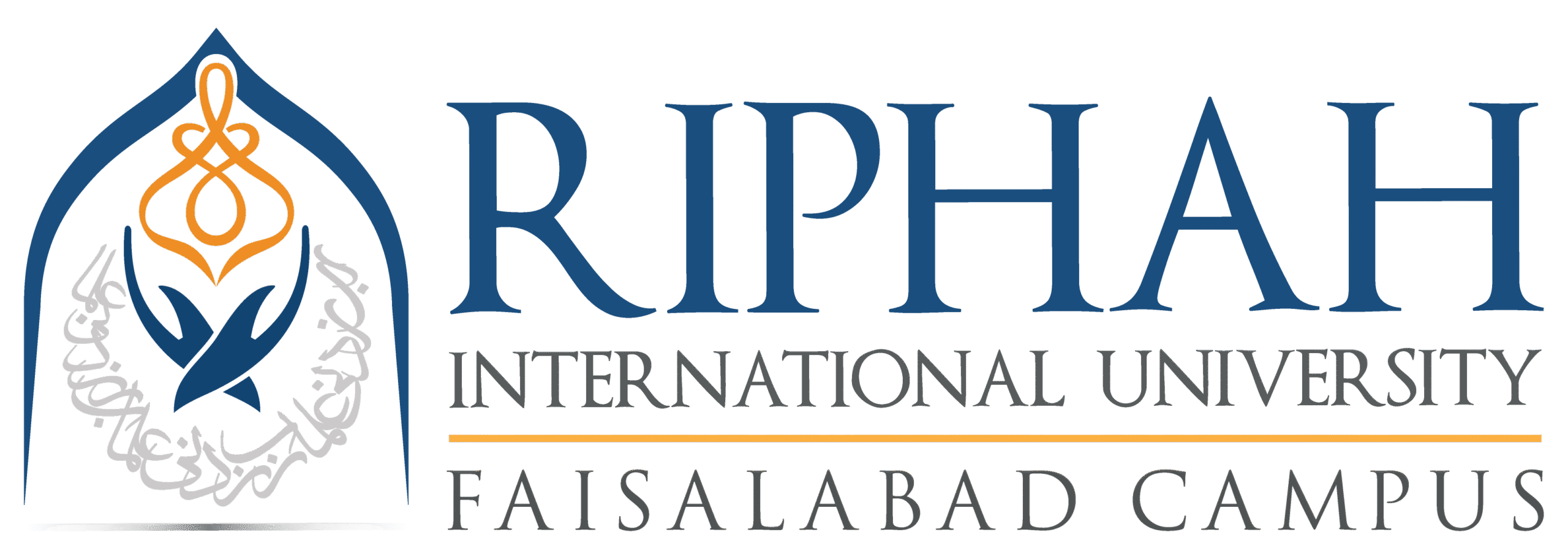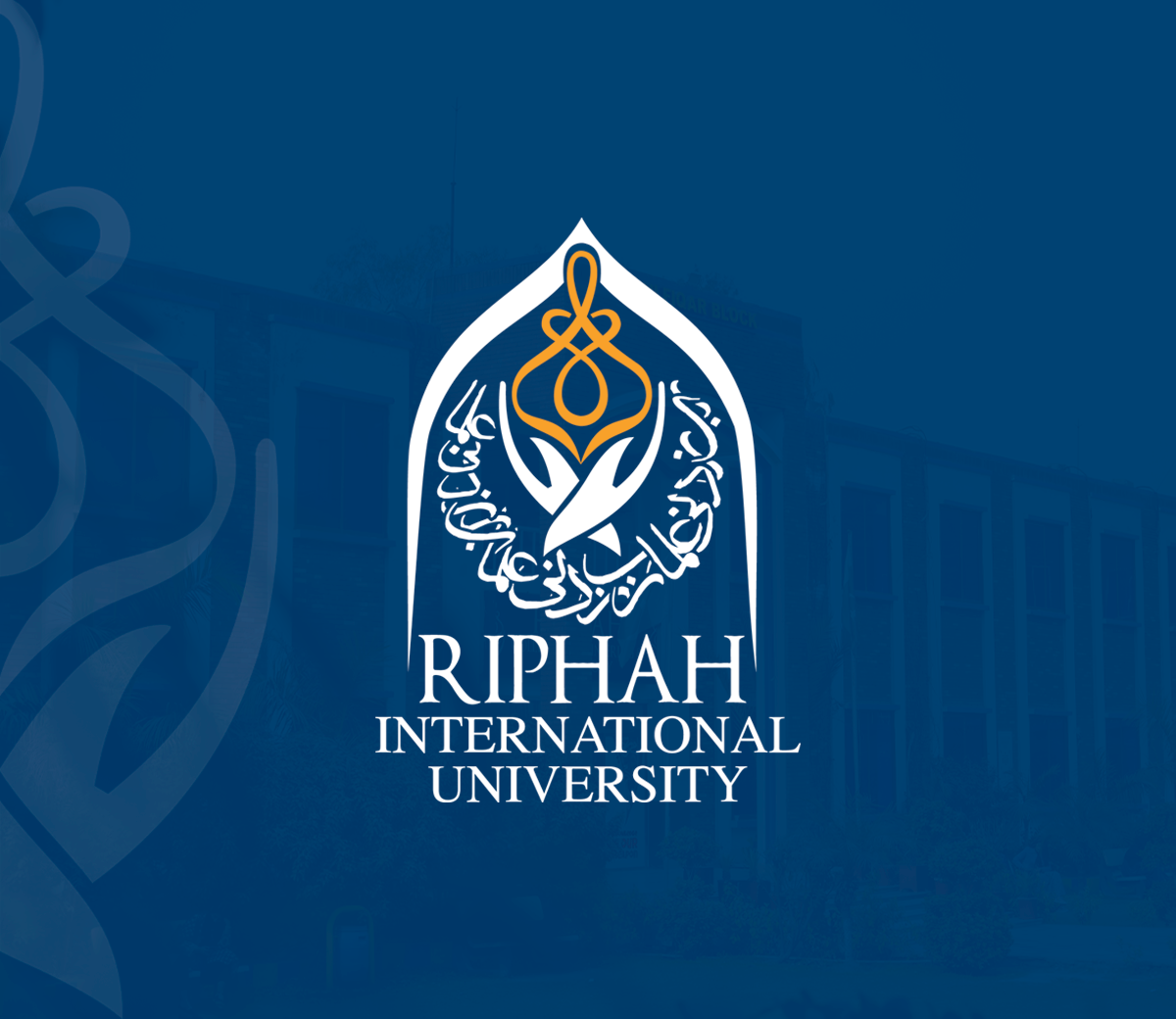
Dr. Samra Asghar
Head of the Department
Message from HOD
Medical Laboratory Technology is the backbone of modern diagnostics—turning specimens into precise, actionable results that guide clinical decisions. At the Department of Medical Laboratory Technology, we develop professionals who pair scientific rigor with ethical practice to improve patient care across public and private health systems.
Detect. Diagnose. Deliver Accuracy.
Students learn in modern labs and teaching-hospital settings with close faculty mentoring, simulation-based practice, and evidence-informed training. We emphasize quality assurance, biosafety, communication, and teamwork so graduates become confident, responsible practitioners and future leaders in laboratory medicine.
About The Department
Housed at the Riphah College of Rehabilitation & Allied Health Sciences (RCRAHS), Faisalabad (est. 2014), the Department of Medical Laboratory Technology offers a practice-centered education supported by technology-enabled laboratories, state-of-the-art lecture halls, a rehabilitation center, and a rich digital library. Strong affiliations with renowned hospitals in the city provide structured clinical placements that progressively build competence and professional confidence.
The curriculum spans core pillars of laboratory medicine: clinical chemistry, hematology, microbiology, immunology/serology, transfusion science (blood banking), histopathology, and introductory molecular diagnostics, alongside laboratory management, QA/QC, biosafety, professional ethics, and laboratory information systems. Learning blends theory with hands-on bench work, analyzer operation and calibration, specimen handling and processing, result validation, documentation, and effective reporting.
Students engage in seminars, workshops, conferences, and faculty-mentored projects that cultivate critical thinking, problem-solving, and lifelong learning. By graduation, our technologists are prepared for roles in hospital laboratories, diagnostic centers, blood banks, public-health and research labs—ready to implement evidence-based practices, uphold the highest standards of accuracy and safety, and contribute meaningfully to patient care and community well-being.



